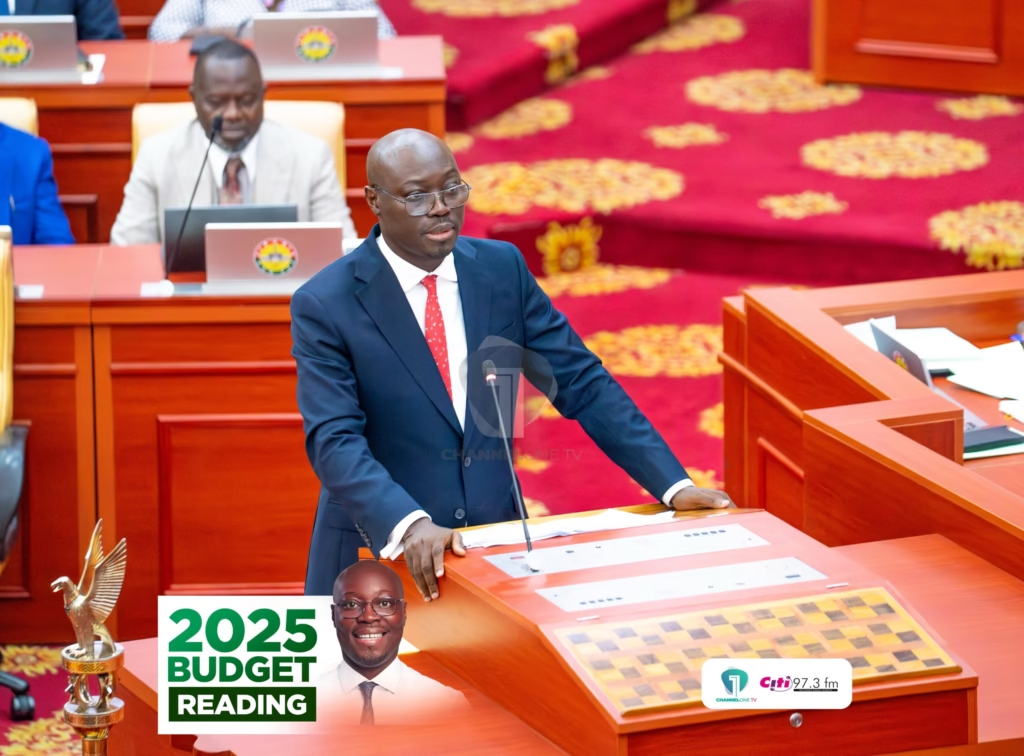GH¢67.5 Billion Debt: A Growing Financial Burden
Ghana’s Finance Minister, Dr. Cassiel Ato Forson, has disclosed that the government owes contractors and suppliers a staggering GH¢67.5 billion. This revelation came during his presentation of the 2025 budget to Parliament on Tuesday, March 11. The figure highlights the significant financial pressures facing the government and underscores the urgent need for fiscal reforms to address these obligations.
A Wave of Payment Requests Hits the Finance Ministry
Upon assuming office, Dr. Forson was met with a flood of payment requests from contractors and suppliers who had provided goods and services to the government but were yet to be paid. Recognizing the gravity of the situation, the Finance Ministry launched a comprehensive validation exercise to determine the total amount owed across all Ministries, Departments, and Agencies (MDAs).
This exercise was crucial for ensuring transparency and accountability in government spending. For more details on Ghana’s fiscal policies, visit the Ministry of Finance’s official website.
Validation Exercise Uncovers GH¢67.5 Billion Debt
The validation process revealed the true scale of the government’s financial obligations. According to Dr. Forson, the total debt to contractors and suppliers amounts to GH¢67.5 billion. This figure is divided into two main categories:
- Outstanding Interim Payments: GH¢49.2 billion owed by MDAs.
- Back Transfer Advice: GH¢18.3 billion at the Controller and Accountant-General’s Department.
This breakdown underscores the complexity of the government’s financial commitments and the need for strategic measures to address these arrears. For more insights into Ghana’s public financial management, explore resources from the International Monetary Fund (IMF).
Economic Implications of the Debt
The GH¢67.5 billion debt has significant implications for Ghana’s economy. Unpaid contractors and suppliers often face cash flow challenges, which can hinder their ability to take on new projects or pay their employees. This, in turn, can slow down economic growth and development.
Additionally, the government’s inability to settle these debts could erode trust between the public sector and private businesses. Addressing this issue is crucial for maintaining a healthy business environment and fostering investor confidence. For more on Ghana’s economic outlook, check out the World Bank’s Ghana page.
Government’s Plan to Address the Debt
Dr. Forson emphasized the need for a structured approach to settle these debts. This includes prioritizing payments, improving revenue collection, and implementing stricter financial controls to prevent future arrears. The government’s commitment to resolving this issue will be critical in restoring confidence among contractors and suppliers.
For updates on Ghana’s economic policies and reforms, follow the Ghana Revenue Authority (GRA).
Conclusion
The revelation of a GH¢67.5 billion debt to contractors and suppliers is a wake-up call for Ghana’s government. While the validation exercise has provided much-needed clarity, the real challenge lies in addressing these financial obligations effectively. By taking decisive action, the government can pave the way for a more stable and prosperous economic future.
For more information on Ghana’s budget and fiscal policies, visit the Parliament of Ghana’s official site.



